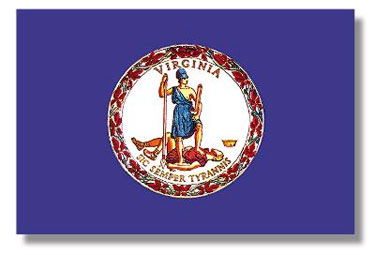Attorney client privilege internal investigations and false claims act litigation — Part Two
This is the second of two posts about the recent discovery opinion in United States ex rel. Harry Barko v. Halliburton Company, et al. The opinion concerns whether the attorney client privilege applies to the work product generated during a contractor’s internal investigation of its own operations.
This opinion is important because the new self-disclosure/self-reporting/code of ethics framework put into place by 2009 changes to the federal False Claims Act and the 2008 changes to the Federal Acquisition Regulations worked exactly as they were supposed to work.
Judge Gwin’s Opinion in US ex rel. Barko
We now turn our attention to the discovery dispute that triggered the opinion. Harry Barko is a former employee of Halliburton/KBR who alleged, among other things, that Defendants engaged in a scheme to defraud the United States by inflating the costs of laundry services on American military bases in Iraq. The case is being litigated on a non-intervened basis; in other words, the United States chose not to intervene in the lawsuit, which means the relator’s lawyers — in this case, Kohn Kohn & Colapinto — are responsible for prosecuting the case on behalf of their client Harry Barko, as well as for the United States.
On November 14, 2013 Barko served a set of Requests for Production of Documents. Relator specifically asked for documents relating to any internal audits undertaken by Halliburton/KBR in response to the subject matter of the relator’s Complaint. Specifically, it seems that relator asked for all documents related to KBR’s Code of Business Conduct reviews. Unsurprisingly, defendants responded that such documents had indeed been created and that such documents still exist. Defendants asserted, however, that the relevant documents and information were protected by either the attorney-client privilege or the protections afforded to attorney work product, or both. As such, defendants declined to produce documents responsive to the request.
This, of course, was not something that Mr. Barko’s lawyers intended to let go. Relator’s counsel filed a Motion to Compel in early February of this year, and ultimately defendants were ordered to produce all such documents and information to the Court for an in camera review. This in camera review formed the basis of the Court’s written opinion.
Because the internal investigations that generated the documents at issue were mandatory for KBR, the documents were not covered by either the attorney-client privilege or the work product privilege
As a result of the amended FAR provisions, contractors are required to have a Code of Ethics and a business conduct policy; the ethics provisions in FAR require also that contractors communicate this ethics code to employees and train employees on the proper course of action if they encounter an ethical issue. The proper course of action, in a contractor’s training materials, always includes reporting the ethical concern to a designated point of contact within the company.
Because contractors are also required to report any credible evidence of a violation of the federal False Claims Act or a number of criminal statutes to the government within a certain time frame, every contractor that needs to comply with these FAR provisions has now created an internal investigations team to investigate any and all allegations of fraud or misconduct that flow in from employees. These internal investigations are supposed to weed out the frivolous complaints (because no doubt, once employees learn how much fun it is to call that anonymous tip-line, there will be some abuse of the system) from the real deal. If a complaint coming in through the tip line turns out to be credible, the contractor is required to inform the government of the allegation.
And that, dear readers, is why the work product generated by these investigations is not covered by the attorney-client privilege. Such work product was not generated for purposes of securing legal advice for KBR; rather, this work product was generated so that KBR could meet its obligations as a contractor of the United States. That is also why the materials were not covered by the privilege afforded to attorney work product — in order to be covered by that privilege, the documents and materials must be generated in anticipation of litigation. These documents were not generated in anticipation of litigation but rather were generated as part of KBR’s internal efforts to comply with its obligations as a contractor to the United States.
The opinion is well worth a read for anyone interested in qui tam litigation under the Virginia Fraud Against Taxpayers Act and/or the federal False Claims Act, because I predict many more such battles in the not-too-distant future….
